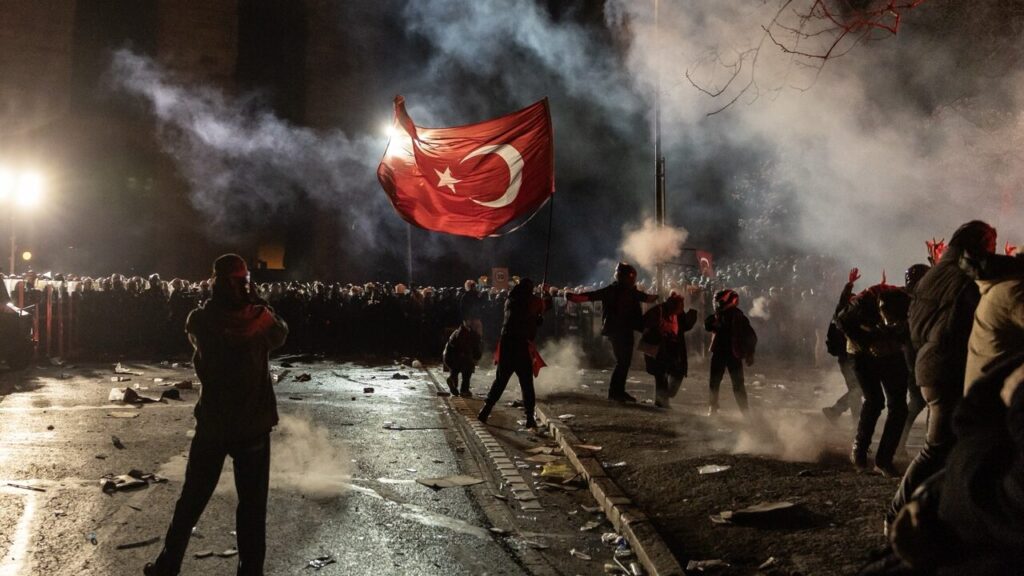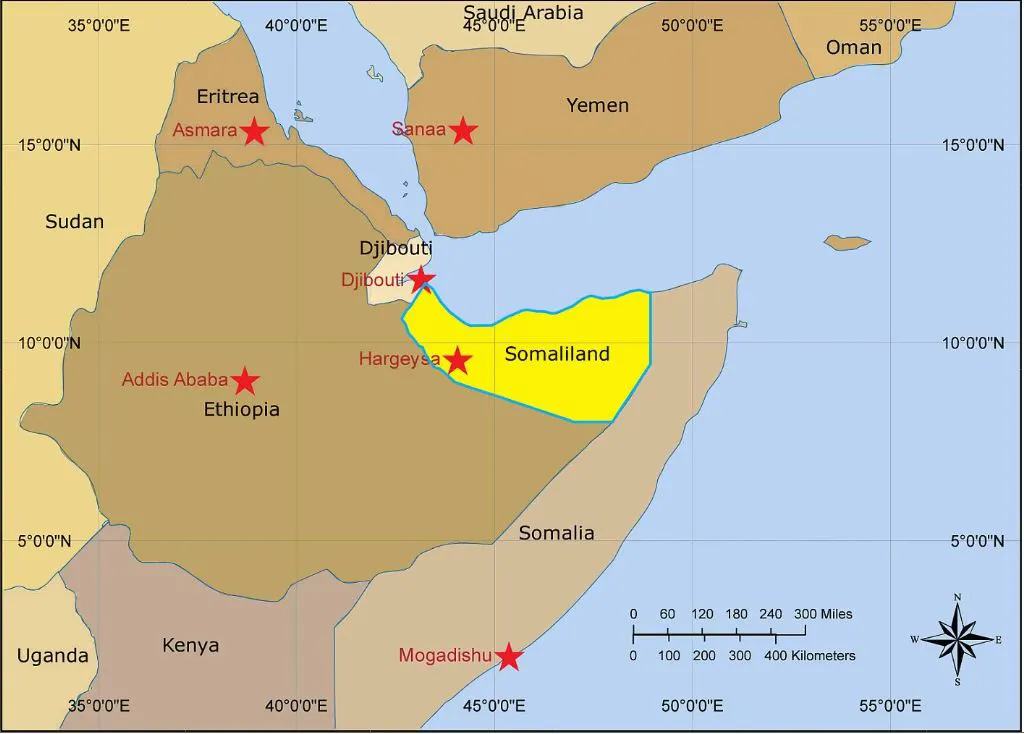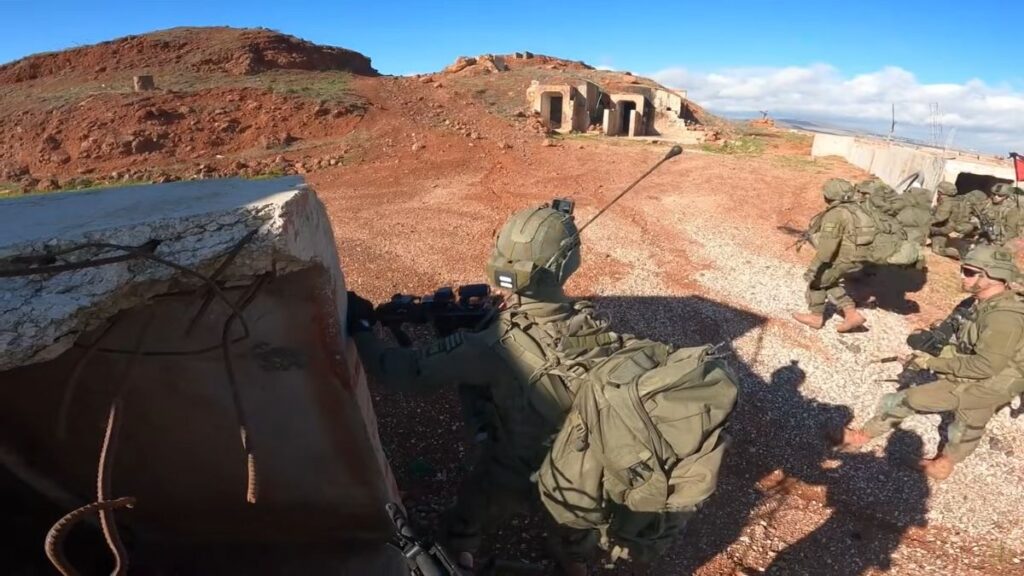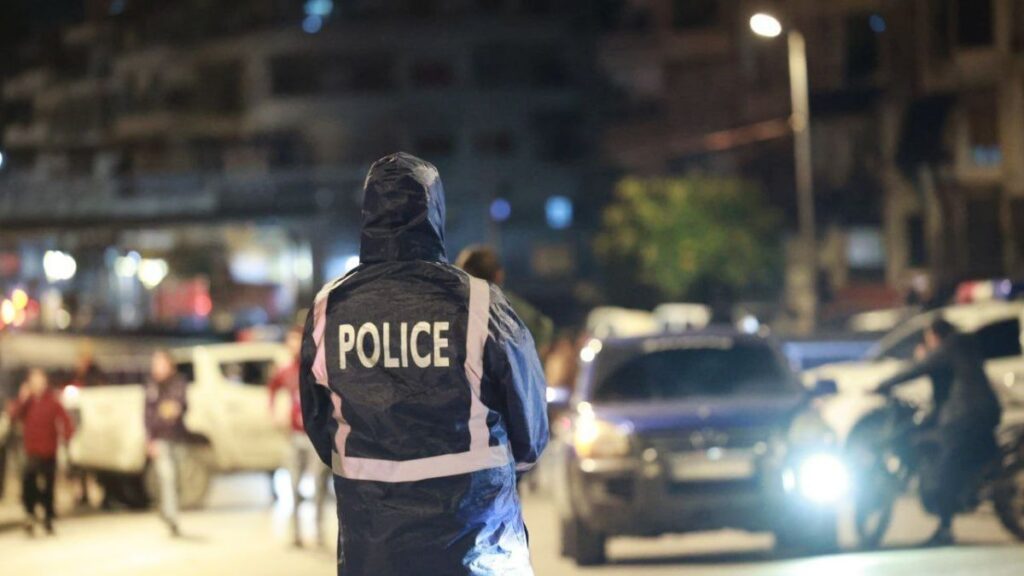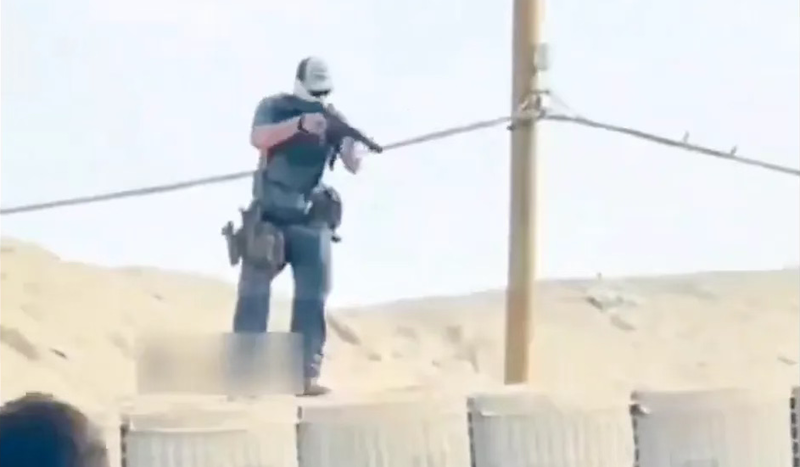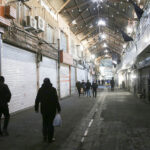
A strike in Tehran Bazaar, which began in response to the Iranian rial devaluation, has spread to other cities, leading to confrontations.
Small protests that began on Sunday in Tehran Grand Bazaar, at the heart of the Iranian capital, over another sharp fall in the national currency, have spread to several other cities, with reports of deaths and injuries in confrontations with police and security forces.
On Wednesday, the epicentre of the anti-regime protests was the southern city of Fasa, where demonstrators attacked the governor’s office. On the same day, according to the Revolutionary Guard, one pro-regime Basij militia member was killed in the western city of Kuhdasht in a confrontation with the protestors.
On Thursday, local media reported that three protestors were killed in the small western town of Azna, in Lorestan province, as they attempted to enter a police headquarters.
Before Fasa, protests were also reported in Isfahan, Malard, Hamedan, Arak and Qeshm. Iranian authorities have not released official figures on arrests, but videos and eyewitness accounts show clashes between protestors and security forces.
The latest wave of protests began in Tehran’s Grand Bazaar, a traditional stronghold of conservative and religious groups. However, the rial’s fall to a record low on Sunday prompted some traders to close their shops in protest against worsening economic conditions.
On Sunday, the dollar traded at 1,450,000 Iranian rials on the open market. The rate continued to change sharply over the following days, making it hard for traders to set prices. As a result, the bazaar strike continued on Monday and Tuesday.
A trader in Tehran’s carpet market, who asked not to be named for security reasons, said the lack of stability made business impossible.
“Trade needs a minimum level of stability, which does not exist right now,” he told The New Arab.
He added that the costs of raw materials, wages, transport, rent, and other expenses are all linked to the dollar exchange rate, and rapid changes make pricing and sales impossible.
The trader rejected claims by government-linked media that shop closures were forced by “agitators,” saying traders themselves chose to draw officials’ attention.
“Even if we keep our shops open, we cannot work,” he said. “Because of pressure from security forces, the bazaar will likely reopen on Saturday, but we will only sit in our shops and not trade until the exchange rate becomes stable.”
The government responded to the strike by closing public offices and commercial centres in Tehran and several other cities on Wednesday. Officials cited cold weather as the reason. Iran’s weekend falls on Thursday and Friday, effectively keeping markets closed until Saturday.
On Tuesday, officials met with trade groups’ leaders, promising tax breaks, a pause on tax fines and access to subsidised foreign currency for imports in an effort to calm traders.
The same day, Mohammad Reza Farzin resigned as governor of the Central Bank of Iran. He had taken the role in December 2022 after Ali Salehabadi stepped down following a sharp fall in the rial. At that time, the dollar was trading at 435,000 rials.
An economist who, in a TNA interview that year, warned that changing central bank leadership would not stop the rial’s decline repeated the same view after Farzin’s resignation.
“It does not matter who leads the central bank,” he told TNA. “As long as corruption controls the economy, this situation will continue.”
He said international sanctions on Iran’s oil, gas and petrochemical exports, as well as the risk of a new conflict between Iran and Israel, were adding to economic instability, currency weakness and inflation.
He also said political isolation has hurt Iran’s economy and increased public anger.
“People are no longer protesting only for political or personal freedoms,” he said. “Many cannot afford food for their families, and responding to them with riot police will not solve the problem.”
The economist said it was unclear whether the protests would spread further, but noted that the Tehran Bazaar strike was likely to end due to the bazaar’s close ties to the regime.
“The bazaar has long supported the religious and conservative system,” he said. “For this reason, President Masoud Pezeshkian’s government and bazaar leaders are likely to reach an agreement. But whether protests grow will depend on how harshly protestors are suppressed and how united opposition groups remain.”


